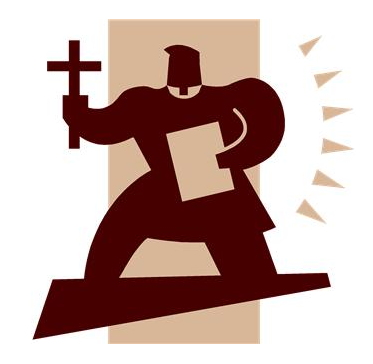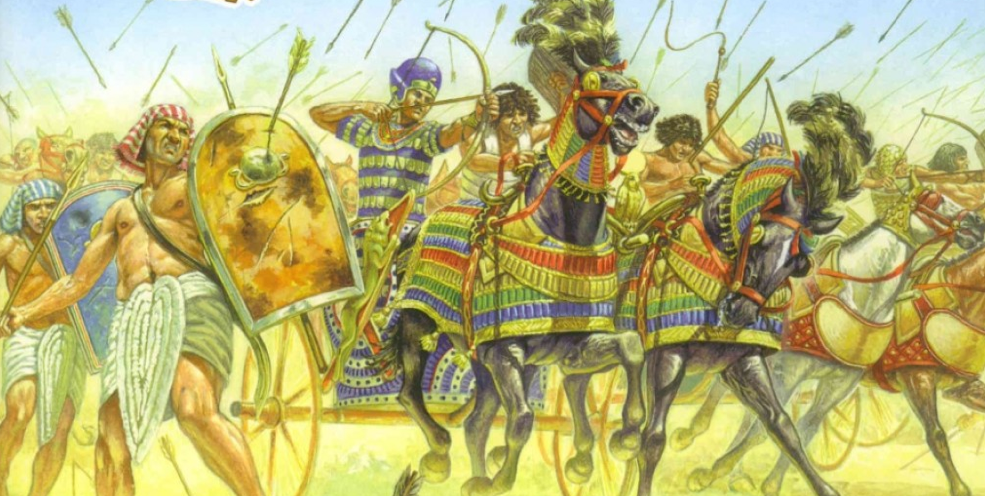TO CHEW ON: "Keep back Your servant also from presumptuous sins;
Let them not have dominion over me." Psalm 19:13
"Presumptuous sins"? What is this category of sin?
[Presume, the verb from which the adjective presumptuous derives, means to take for granted, assume to be true, to take upon oneself without warrant or permission, dare, venture, to act or proceed over-confidently.
Barnes' Notes on the Bible gives one explanation of "presumptuous sins" in Psalm 19:
"...the reference is particularly to sins which proceed from self-confidence; from reliance on one's own strength. The word does not mean open sins, or flagrant sins so much as those which spring from self-reliance or pride. The prayer is substantially that he might have proper distrust of himself and might not be left by an improper reliance on his own power to the commission of sin" (emphasis added).When might we be guilty of presumptuous sins?
Perhaps when we act like the man in Jesus' story who congratulated himself for his full barns and depended on them for the future, never acknowledging God (Luke 12:16-21)?
In our time it is easy to live life this way. We have our paychecks or our pensions and the government will take care of us if we lose them. We have our doctors and hospitals so going to God when we get sick is hardly our first thought. We have our books, the internet and TV so where do we need's God's input when we don't know what to do?
The fact that David prays such sins will not have dominion him over tells us he knows and fears they easily could become his habitual response.
I have a feeling I am more prone to presumptuous sins than I care to admit, and need a new sensitivity to see where I am depending on myself and not Him.
PRAYER: Dear God, please alert me to presumptuous habits and behaviours in my life. Help me to label them sin and to turn from pride and self-reliance to reliance on You. Amen.
MORE: "Give Me Jesus" - Fernando Ortega
***********
Unless otherwise noted all Scripture quotations are taken from the New King James Version®. Copyright © 1982 by Thomas Nelson, Inc. Used by permission. All rights reserved.
















